Top Documentaries and Podcasts About The Problem of Fake News & Misinformation
The way that the public consumes information has changed drastically in the past few decades. The explosion of audio podcasts and video streaming platforms has fundamentally altered the way that the world gets its news—and its fake news.
Passive media is in. For many, reading newspapers, magazines, and even books is out.
Podcasts have become a preferred medium for consumers of news and other content types. Podcasts have seen the strongest year-over-year adoption of any media type, and media companies like Spotify are investing hundreds of millions of dollars into podcast infrastructure each year.
While podcasts have become the soundtrack to our lives, visual media still holds an indelible position in media. With the public craving non-fiction in a passive form, NPR asserts that we are in the “Golden Age” of documentaries.
The truth is stranger than fiction, after all.
So what does the increased popularity of podcasts and documentaries mean for disinformation? Both our awareness of it and ability to combat it?
While fake news outlets have taken advantage of the passive media revolution, so have their more well-intended adversaries. Several documentaries and podcasts take aim and fire at the massive target composed of disinformation and fake news.
Documentaries
After Truth: Disinformation and the Cost of Fake News
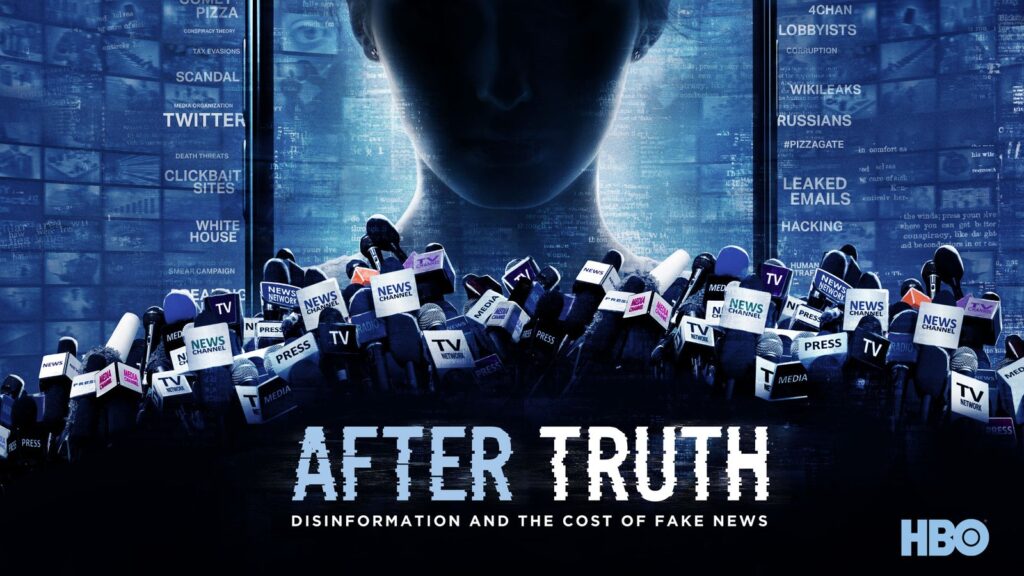
Presented by HBO Documentary Films, After Truth: Disinformation and the Cost of Fake News was released in March 2020. Andrew Rossi directs the documentary.
The documentary digs into the real-world consequences of fake news. As Rossi tells it, fake news includes “disinformation, conspiracy theories, and false news”. The film tells the stories of victims of fake news, putting real faces to the real consequences of targeted disinfo.
Rossi also interviews journalists who have had a front-row seat to the rise of fake news in the past decade-plus. Rossi also speaks with individuals who buy into narratives widely considered to be fake news, giving a balanced feel to the film.
The New York Times refers to After Truth as an “often-chilling survey of disinformation in America” that serves as a “darkly-engrossing documentary”. Vanity Fair draws a grim conclusion from After Truth: “There is no reality. There is only perception.”
Fake: Searching for Truth in the Age of Misinformation
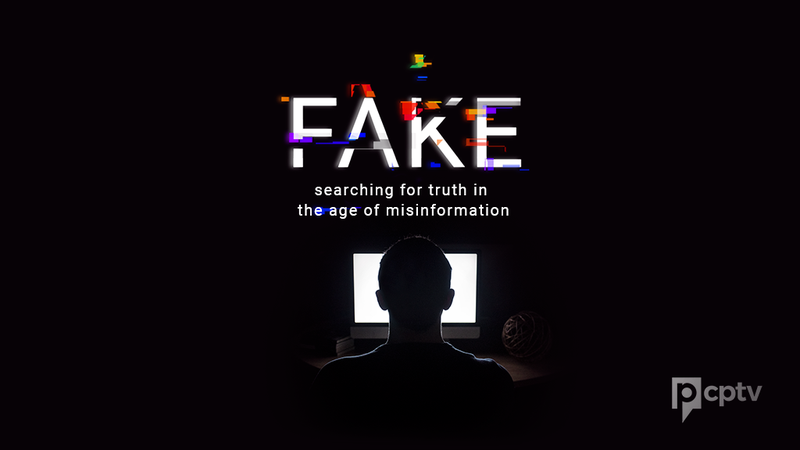
PBS presents Fake: Searching for Truth in the Age of Misinformation. It is a documentary series released just prior to the 2020 election season.
The series addresses a question that threads through each episode: “how can the average person separate fact from fiction?”
Fake addresses fake news-related topics like:
- The threat posed by domestic perpetrators of fake news in addition to more well-known foreign menaces
- The importance of readers doing their own fact-checking
- What it means to be media literate
- How to develop media literacy
- The “fake news economy”
- The role of machines in the rise of fake news
Fans of the Public Broadcasting Service, or those curious about the state of fake news, may want to check this one out.
The Great Hack
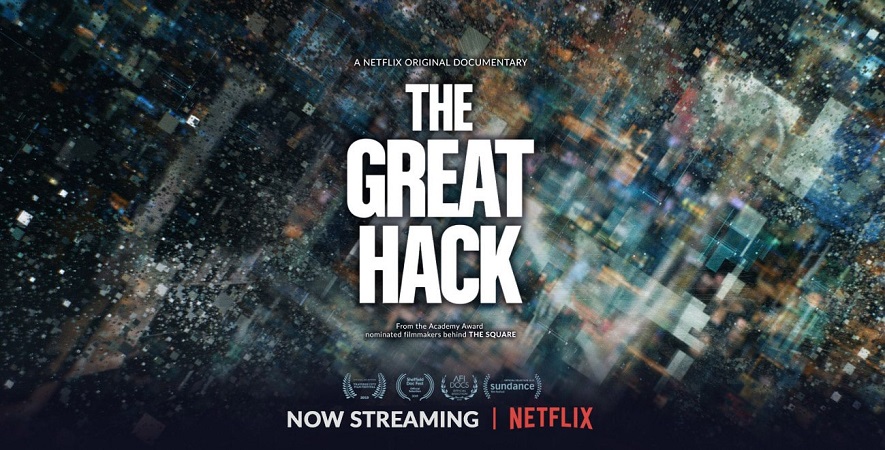
Netflix’s The Great Hack tells the story of Cambridge Analytica, which along with Facebook played a central role in the hoopla surrounding the 2016 U.S. Presidential election. Directed by Jehane Noujaim and Karim Amer, The Great Hack was released in 2019 at the Sundance Film Festival.
Cambridge Analytica is a political consulting firm based in the United Kingdom. It became the focus of controversy once the public found out that it had used Facebook to mine user data for political purposes. These revelations came to light prior to the 2016 U.S. Presidential and the UK’s Brexit referendum.
The Great Hack documents the lawsuit of American Professor David Carroll, whose litigation ultimately resulted in modest fines for Facebook and others. Still, the documentary provides a revealing look into the at-times treacherous relationship between politics, fake news, and Big Tech.
The Great Hack received an Emmy nomination.
A Thousand Cuts
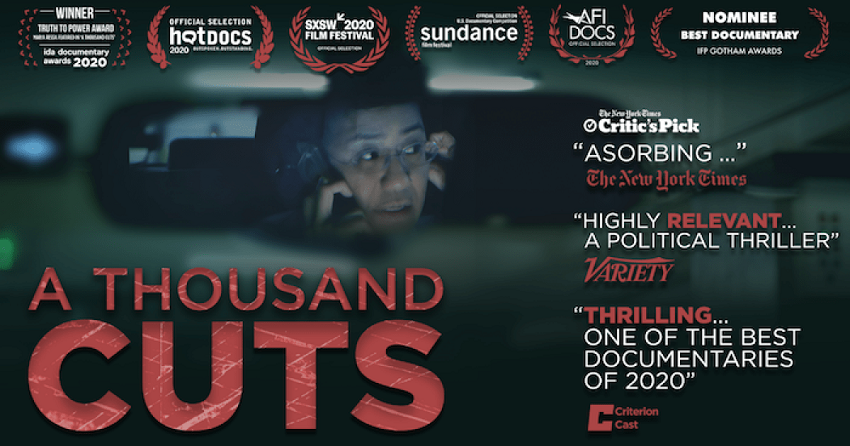
A Thousand Cuts is a documentary released in 2020 by director Ramona Diaz. Premiered at the Sundance Film Festival in January 2020, the film went on to win Best Documentary at the IFP Gotham Awards as well as other honors.
A Thousand Cuts focuses on the increasingly suppressive relationship between the government of the Philippines and the press. Specifically, it shines a light on Maria Ressa, who founded a Phillippine news website called Rappler.
The documentary presents a reminder that there is a thin line between mistruth and suppression of the truth. Ultimately, they may have a similarly harmful effect on the society that they impact.
The New York Times selected A Thousand Cuts as a Critic’s Pick, professing that the film “illustrates social media’s capacity to deceive and to entrench political power.”
The Social Dilemma
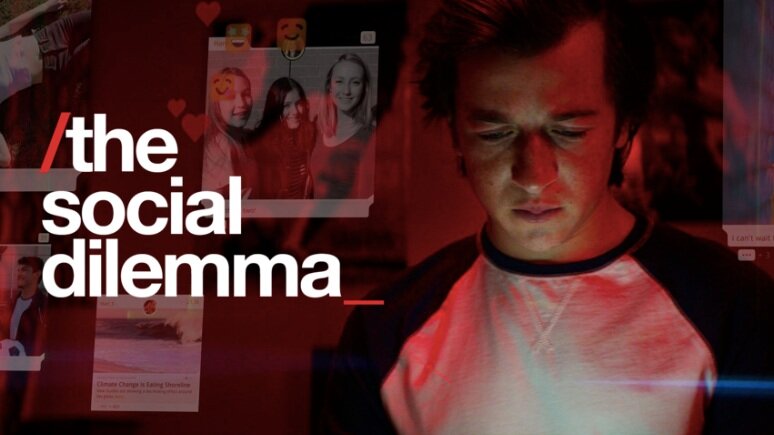
The Social Dilemma is one of the most talked-about documentaries of 2020. From director Jeff Orlowski, the film examines the precisely-tuned inner workings of social media—the very same social media which, for many, has become synonymous with fake news.
As Roger Ebert’s review site notes, The Social Dilemma reveals how the algorithms and creators behind social media manipulate our thoughts and emotions. Further, it shows how social media has led much of the public into “buying into distorted ideas about the world”.
Fake news is at the nexus of social media’s power to influence its users. Once, fake news was widely considered to be an unfortunate byproduct of otherwise-beneficial social platforms. Not so, The Social Dilemma posits.
As The New York Times explains, The Social Dilemma reveals that “the perniciousness of social networking platforms is a feature, not a bug.”
Podcasts
The Truth About Fake News by The BBC Academy Podcast
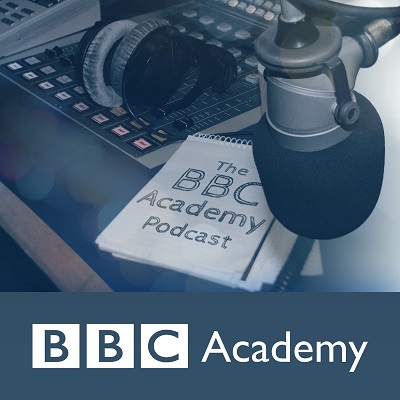
From one of the most well-known names in broadcasting and reporting, The BBC Academy Podcast’s episode ‘The Truth About Fake News’ is a 25-minute lesson on the basics of fake news and disinformation.
BBC Media Editor Amol Rajan leads the discussion. He is joined by BBC News Social Media Editor Mark Frankel and BuzzFeed News special correspondent James Ball.
The discussion centers on the journalistic approach to fake news. Topics addressed include the different forms that fake news takes and the various approaches that journalists can take to avoid or combat fake news.
Fake News: An Origin Story by Hidden Brain

Hidden Brain is one of the most popular podcasts on streaming platforms today. Backed by NPR, the podcast “uses science and storytelling to reveal the unconscious patterns that drive human behavior, shape our choices and direct our relationships”.
Its episode ‘Fake News: An Origin Story’ traces the roots of fake news. That means going back to 1609, when newspapers often disputed “facts” published by other papers. This is just one of the many stages in the centuries-long evolution of fake news.
Drastic differences in how the same events are reported continues to plague our media today. As host Shankar Vedantam and his guests prove, fake news is by no means new, even if the stakes of disinformation have risen with time.
Putting “Fake News” On Trial by NYT’s The Daily

The Daily is the daily podcast from The New York Times. A new episode arrives every weekday, with each show running around 20 minutes long. Reporting from journalists at The New York Times serves as the basis of each episode.
‘Putting “Fake News” On Trial’ is The Daily’s must-listen episode if you want to learn about what fake news looks like at the victim level. Host Michael Barbaro interviews NYT journalist Elizabeth Williamson about a lawsuit filed against media personality Alex Jones by parents of Sandy Hook Elementary School shooting victims.
The episode examines the real-world consequences of disinformation. It also shows how there can be, in some cases, legal consequences for spreading fake news in a damaging way.
The Evolution of Fake News by Axios Today

Axios has become one of the leading outlets for original interviews and reporting. With an HBO-based interview show hosting some of the most newsworthy discussions of the past few years, it is only proper that we consider its podcast as an authority on fake news.
Axios Today’s episode ‘The Evolution of Fake News’ dissects how “bad actors are trying to trick journalists into amplifying fake storylines”. Released just about a month before the 2020 election, the episode was timely and provided lasting insights about the evolving nature of fake news and disinformation.
Fake News Theater by Yahoo! News’ Conspiracyland

“Conspiracy” is, and likely always will be, a polarizing term. Often synonymous with “untruth”, conspiracy is for many a way to dismiss a story as unfounded at best and maliciously deceptive at worst.
Yahoo! News’ Conspiracyland podcast takes a more incisive approach to the term. It reviews specific “conspiracy theories”, allowing the listener to determine whether a theory or fake news-related topic has merit or not.
In its episode “Fake News Theater”, Conspiracyland explores how “super spreaders” have the ability to transmit fake news at an abnormally rapid pace.
Closing
If you want someone to pay attention, meet them at their level. Data tells us that the public wants podcasts and truth-based visual media. Those who are spreading awareness of fake news are adapting their narratives accordingly.
Fake news and disinformation does not take a single form. It poses as documentaries, podcasts, films, Tweets, YouTube videos, and television shows. Why shouldn’t purveyors of real news take to the same channels to spread awareness of disinformation?
With the podcasts and documentaries listed here, creators are helping spread media literacy through the most popular consumer platforms. These projects pull the curtain back on fake news, providing 101-level explanations, real-world examples, practical tips, and other forms of value to viewers and listeners.
